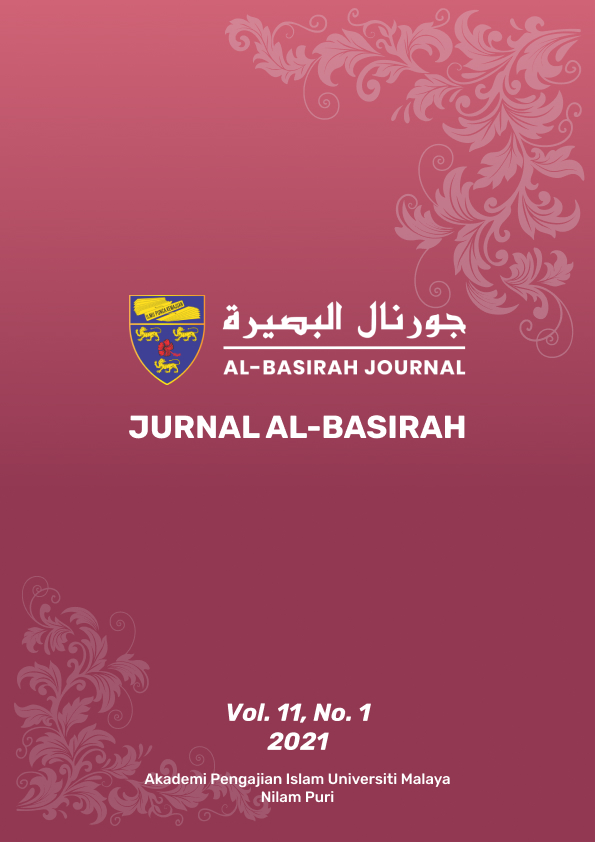Psikologi Islam: Penciptaan Al-Nafs dan Kekekalannya Menurut Ibn Sina dan Al-Ghazali
Islamic Psychology: The Creation of Al-Nafs and Its Eternity According to Ibn Sina and Al-Ghazali
DOI:
https://doi.org/10.22452/basirah.vol11no1.2Keywords:
Psychology, al-nafs, hadithah, khulud, Ibn Sina, al-GhazaliAbstract
In the discipline of Islamic Psychology, the discourse on the realities of al-nafs or the soul is one of the main themes especially among former notable Muslim Psychologists such as Abu Yusuf Ya‘qub bin Ishaq alKindi, Abu Nasr Muhammad bin Muhamad al-Farabi, Abu ‘Ali bin Hussayn bin ‘Abd Allah Ibn Sina, Muhammad bin Muhammad alGhazali, Abu ‘Abd Allah Muhmmad bin ‘Umar al-Razi and others. The creation of al-nafs and its immortality became among of the discussions in this discipline. The theme turned out to be a debate among Muslim Psychologists where some said that it is qadimah, whereas others believed it as hadithah. Similar situation could be seen on the discussion on the eternity of al-Nafs where there are some views said al-Nafs is eternal and conversely, there are also those who argued al-Nafs will perish with the death of the body. This article will address the issues by two Muslim psychologists, Ibn Sina and al-Ghazali, using qualitative method based on content analysis method by investigating their related works to see how their views on the concerned issues. The findings suggest that Ibn Sina and al-Ghazali generally believed that al-nafs is new and eternal, although there were some differences in ideas between them in explaining their views.

















